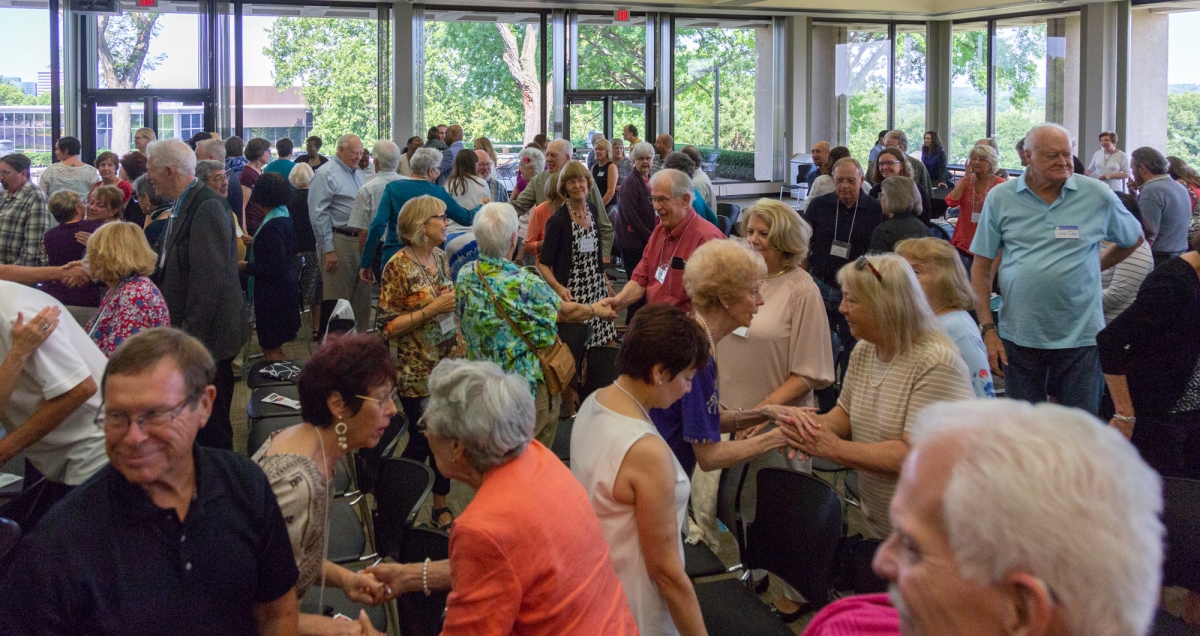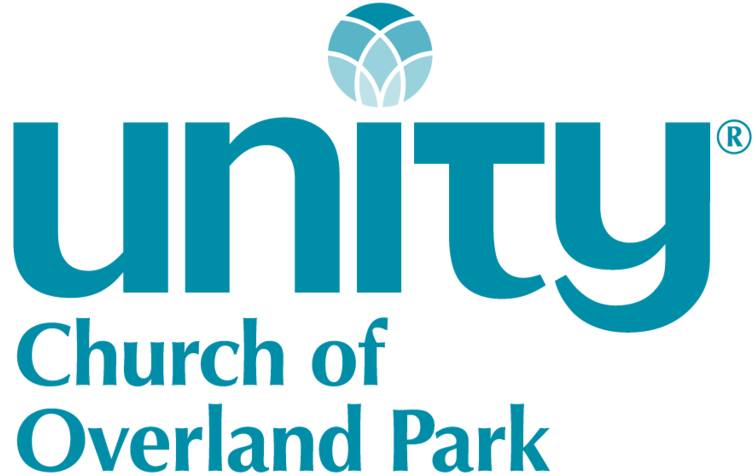An Invitation to Inquire Appreciatively
Our world puts great value on problem solving. In fact much of what we have been trained to do in life and in our church community is to solve problems.
 Our normal pattern begins with noticing a problem, that means we frequently put much of our attention on finding problems. Finding a problem, we move into analysis of the causes that created the problem. Building upon the problem and the perceived causes we often brainstorm possible solutions and picking the least disruptive we create a plan of action. Someone is then assigned the task of implementing the plan of action. Past experience indicates that sometimes this works, but more often than not we are simply returned to once again noticing a problem.
Our normal pattern begins with noticing a problem, that means we frequently put much of our attention on finding problems. Finding a problem, we move into analysis of the causes that created the problem. Building upon the problem and the perceived causes we often brainstorm possible solutions and picking the least disruptive we create a plan of action. Someone is then assigned the task of implementing the plan of action. Past experience indicates that sometimes this works, but more often than not we are simply returned to once again noticing a problem.The habit of focusing our attention on negative situations—problems—becomes our normal mode of operation. Remember the saying “what we resist persists” or “what we focus on we create more of”? These are ways of noting the power of Unity third principle, the Law of Mind Action. “Thoughts and feelings held in mind produce after their kind. If problems are the foundation of our focus, we will keep creating more problems.
An alternate way of being is to focus on what is valued. This creative approach is called Appreciative Inquiry. In Appreciative Inquiry (AI) we focus on the Life-Giving Forces that are part of our spiritual community.
AI is based on four very specific assumptions.
1. When an organization gives its attention to some aspect of the corporate life, those aspects tend to define the whole. EXAMPLE: if a church focuses on a financial shortfall then everything is seen through that lens. So, the reality of an organization is defined by whatever participants think about, talk about, work on, dream about, or plan.
2. We create our social environment, our organizational reality, through language. We use words to bring our feelings, memories, thoughts, perceptions, and visions to our present experience. Unity has taught for almost 130 years the power of speaking the WORD aloud—until spoken, the potential is not activated!
3. Heliotropic is a botanical term about a plant’s ability to orient, lean toward, the sun. Similarly, an organization/a church leans toward it’s source of energy. When memories, imaginations, and conversations are engaged to nourish participants with the best and most life-giving resources, a church will lean in the direction of those narratives and practices.
4. When we are confronted with change, the unknown easily creates fears. Because such efforts often begin with a focus on the problems of the past, our fears are often expressed in resistance. These fears are often a reaction to perceived and anticipated loss.
The steps following steps in AI are called the “4-I method.” They are as follows:
1. Initiate AI by introducing leaders to theory and practice, and creating a team to develop the initial steps to discover our church’s “best.”
2. Inquire (through one on one interviews) the narratives of the church’s best practices, and ways of being.
3. Imagine what might be by interpreting the interviews, taking the risk of imagination, and building toward consensus concerning what could be.
4. Innovate what will become a thriving ministry through discourse, commitment, and equipping, with the largest possible level of participation.
Unity Church of Overland Park will start step one in January. In February a team will be formed to implement this process with my help, design the questions, and decide on the approach for the step of Inquire. I expect the Initiate Process will engage the team the next 3 – 6 weeks starting with weekly meetings. Depending on the community process the team selects, the Inquire stage could last one week to 2 months of interviews.
My experience indicates that once involved with the team individual members quickly discern if the AI Process is something they want to do. If not, they will quickly step off the team. Being a member of the AI Team requires one to be willing to listen carefully and hear another’s story; excepting it as their experience and truth with out judgement. Part of the wonderful mystery of the AI Process is that as we discover the common underlying life-affirming moments for our UCOP members, we will uncover the core strengths that we can build on to create a thriving UCOP into the future.
When we begin with a focus on what is best about Unity Church of Overland Park, our reality shifts. The act of asking, the research we undertake—interviewing people, seeking opinions, weighing possibilities—changes the church community by influencing the thinking and conversations and images of the participants. Change begins with the first question asked. Refocusing attention, giving energy and priority to positive narratives, will enable us to become a thriving church that makes a difference in the world. If this process speaks to your heart and you would like to make a deeper connection to other members of Unity, I invite you to attend one of the orientation sessions following the Sunday service on either January 20 or January 27. Thank you for being willing!
Namaste,
Rev. David Mosher
Recent Posts


